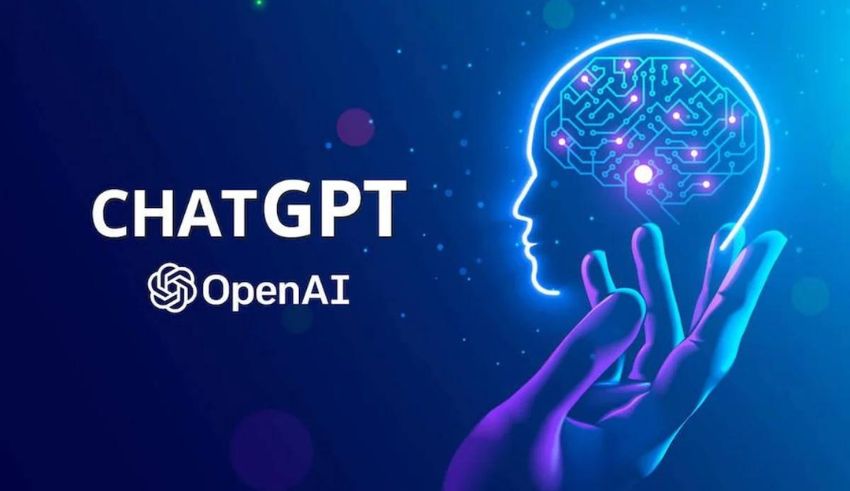
In today’s fast-paced artificial intelligence (AI) landscape, OpenAI’s ChatGPT has become a household name. This powerful machine is renowned for giving precise answers to a wide range of questions and making information easily digestible.
But despite its global popularity, there’s an obstacle for AI enthusiasts in Asia – ChatGPT isn’t available in three asian countries. Today, we’ll explore the reasons behind this restriction and shed light on the challenges encountered by tech-savvy people in Asia who are eager to tap into the capabilities of ChatGPT.
Hong Kong
Well, it turns out that due to security concerns and the need to combat the spread of misinformation, ChatGPT is banned in the city. Not only that but there are also concerns within the academic community about the potential misuse of this powerful AI tool.
Prominent universities in Hong Kong have expressed worries about the rise in plagiarism, copyright infringement and other violations that might happen if students have unrestricted access to ChatGPT. As a result, the public opinion on this AI tool is quite diverse. While university students see it as a convenient study aid, educators worry that it may hinder critical thinking skills and encourage cheating.
China
Chinese regulators started clamping down on ChatGPT in February 2023, allegedly to prevent the spread of false information. Government officials sent instructions to WeChat’s parent company Tencent, and Ant Group, to block access to the app because of information that might hurt party perceptions.
China’s stance on controlling information flow is well-known, and the introduction of ChatGPT posed new challenges to their existing censorship mechanisms. This move exemplifies the government’s continued commitment to maintaining control over the information accessible to its citizens.
Keep Reading
North Korea
As you might expect, North Korea also banned ChatGPT early on. Again, it is an extension of the country’s policy of restricting access to the internet or tools that could provide citizens with a different perspective from the party line. Kim Jong-un wants to retain power and doesn’t want a US tool potentially undermining his authority.
North Korea’s strict isolationist policies extend to the digital realm, where any tool or platform that could potentially challenge the regime’s narrative is swiftly curtailed. The ban on ChatGPT is just one more measure in this ongoing effort to tightly control information and maintain ideological purity.
In conclusion, while ChatGPT continues to revolutionize how people access and interact with information worldwide, it faces distinct challenges in different parts of the world.
From concerns about academic integrity in Hong Kong to government censorship in China and North Korea, these restrictions highlight the complex interplay between advanced AI technology and the socio-political landscapes in which it operates.
For now, ChatGPT remains a symbol of both technological progress and the evolving struggles for control over information in our digital age.


























